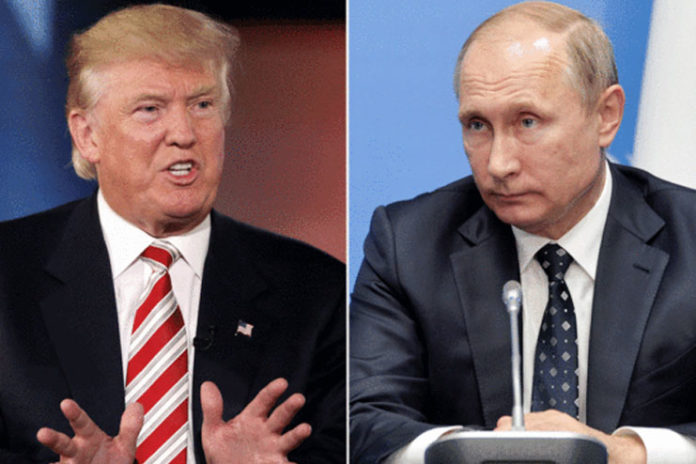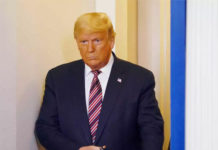The Kremlin statement had said that American President-elect Donald Trump and Russian President Vladimir Putin had agreed in a telephone conversation that relations between their countries are “unsatisfactory” and vowed to work together to improve them.
Moscow had said that the two had discussed about the combining efforts in the fight against terrorism and talked about “a settlement for the crisis in Syria” and agreed that their aides will begin working on a face-to-face meeting between them.
Trump’s office had said that Putin had called to “offer his congratulations” and then they had shared the threats and challenges, “strategic economic issues” and the long-term relationship between the two nations.
“Bringing Steve Bannon into the White House is an alarming signal that President-elect Trump remains committed to the hateful and divisive vision that defined his campaign,” House Democratic Leader Nancy Pelosi, Calif., said in a statement. “There must be no sugarcoating the reality that a white nationalist has been named chief strategist for the Trump Administration.” Trump allies have dismissed the accusation.
“One of the great things about the United States is that when it comes to world affairs, the president, obviously, is the leader of the executive branch, the commander in chief, the spokesperson for the nation, but the influence and the work that we have is the result not just of the president. It is the result of countless interactions and arrangements and relationships,” Obama said. “And there is enormous continuity beneath the day-to-day news that makes us that indispensable nation when it comes to maintaining order and promoting prosperity around the world. That will continue.”
“That’s not the Steve Bannon that I know, and I’ve spent a lot of time with him,” Trump’s new chief of staff, Reince Priebus, said on MSNBC, responding to allegations of racism, misogyny and anti-Semitism. “He was a force for good on the campaign at every level that I saw, all the time.”
By Premji













































